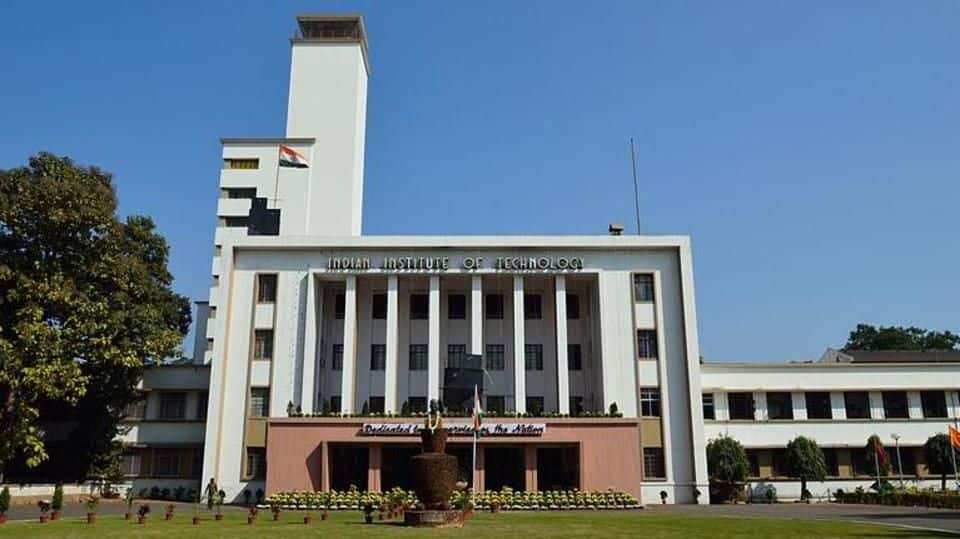IIT-Kharagpur reaches out to rural students; launches new study model
What's the story
Indian Institute of Technology in Kharagpur has launched a study model that equips students, especially those belonging to rural schools, to become confident and knowledgeable individuals.
IITKGP stated the project is called "Innovative C minus 4" model for high school students where they are trained and mentored so that they can teach students who are junior to them by four classes.
Here's more.
The project
Project implemented in 12 schools in south Bengal
In the project, "C" refers to class while "minus 4" implies junior by four classes.
The research project has been undertaken by professors TK Bandyopadhyay, Pulak Mishra, RK Pradhan, and PK Bhowmick of IITKGP and Professor Pijush Ghosh of IIT Madras.
The project, which started in April 2016, has been implemented in 12 schools in south Bengal and 11 schools in and around Chennai.
Education model
Education model conceived to develop personalities of school children
"The C minus 4 education model was conceived to develop the personalities of school going children during their formative years," Prof. Mishra was quoted as having said in the statement.
With the aim of bridging the gap between qualified and employable graduates, this model strives to make the current generation of students confident and knowledgeable, with effective communication and working skills, Mishra said.
Positive results
Out of 66 mentored students, 91% got better marks
Students of nine of the schools, mentored under the project, came together at a workshop organized by the institute to showcase the results.
The statistical findings shared at the workshop showed that of the 66 mentored students of the schools, 91% got better marks now while 74% showed better attendance.
Meanwhile, 81% of the participating students felt that their overall personality had improved.
Details
To sustain the programme, a sustained funding is a must
The project's first phase was funded by CSR fund of oil and natural gas major TechnipFMC India Ltd.
Professor Ghosh said it was very important to have sustained funding "to sustain the programme, to scale it up and increase its visibility."
"We hope the government, NGOs, foundations engaged in CSR will adopt this proven social science research to bring positive change," Professor Bandyopadhyay said.
